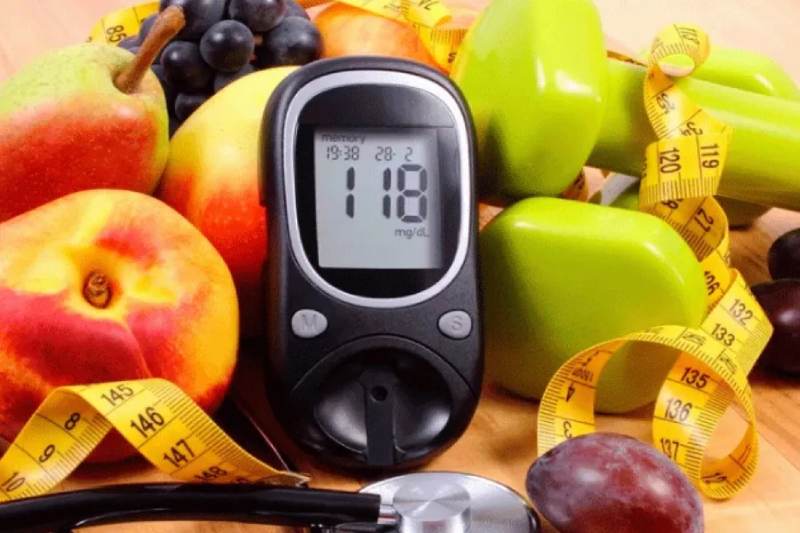Blood sugar control is closely linked to sleep quality, as poor rest can lead to insulin resistance, increased stress hormones, and sugar cravings. Whether you have diabetes, prediabetes, or simply want to maintain stable glucose levels, prioritizing better sleep can make a significant difference in overall health.
In this article, we’ll explore the connection between sleep and blood sugar, along with practical tips to enhance sleep quality for better glucose control.
The Link Between Sleep and Blood Sugar
1. Sleep and Insulin Sensitivity
When you don’t get enough sleep, your body becomes less responsive to insulin, leading to higher blood sugar levels. Poor sleep increases stress hormones like cortisol, which can further spike blood glucose.
2. The Role of Melatonin
Melatonin, the hormone that regulates sleep, also affects insulin production. Disruptions in melatonin levels can interfere with blood sugar regulation, making it harder for your body to process glucose efficiently.
3. Sleep Deprivation and Sugar Cravings
Lack of sleep triggers an increase in hunger hormones like ghrelin while reducing leptin, the hormone responsible for satiety. This leads to cravings for high-carb, high-sugar foods, which can cause blood sugar spikes.
Tips to Improve Sleep for Better Blood Sugar Control
1. Maintain a Consistent Sleep Schedule
Going to bed and waking up at the same time every day helps regulate your body’s internal clock, making it easier to fall asleep and stay asleep. Aim for 7-9 hours of quality sleep each night.
2. Create a Relaxing Bedtime Routine
Engage in calming activities before bed, such as:
- Reading a book
- Taking a warm bath
- Practicing deep breathing or meditation
- Listening to soothing music
Avoid stimulating activities like watching TV or scrolling on your phone, as blue light can interfere with melatonin production.
3. Optimize Your Sleep Environment
Make your bedroom conducive to restful sleep by:
- Keeping it cool (around 60-67°F or 16-19°C)
- Using blackout curtains to block light
- Reducing noise with earplugs or a white noise machine
- Investing in a comfortable mattress and pillows
4. Limit Caffeine and Alcohol Intake
Caffeine can stay in your system for up to 6 hours, so avoid coffee, tea, or energy drinks in the evening. While alcohol may make you feel sleepy, it disrupts deep sleep and can cause blood sugar fluctuations.
5. Watch Your Evening Meals
Eating large meals or high-carb foods before bed can lead to nighttime blood sugar spikes. Opt for:
- A light, balanced dinner with protein, healthy fats, and fiber
- A small snack if needed, like a handful of nuts or Greek yogurt
Avoid late-night snacking, as it can interfere with insulin regulation overnight.
6. Stay Active During the Day
Regular physical activity helps regulate blood sugar and improve sleep. However, avoid intense workouts right before bedtime, as they may increase alertness and delay sleep. Instead, try light stretching or yoga in the evening.
7. Manage Stress Levels
Chronic stress leads to higher cortisol levels, which can negatively impact both sleep and blood sugar. Relaxation techniques like:
- Meditation
- Journaling
- Gentle breathing exercises
can help calm your mind and improve sleep quality.
Final Thoughts
Prioritizing sleep isn’t just about feeling well-rested—it plays a crucial role in maintaining healthy blood sugar levels. By making small adjustments to your sleep habits, you can improve insulin sensitivity, reduce cravings, and stabilize your glucose levels.

 Diabetology2 weeks ago
Diabetology2 weeks ago
 Diabetology2 weeks ago
Diabetology2 weeks ago
 Diabetology1 week ago
Diabetology1 week ago
 Diabetology2 weeks ago
Diabetology2 weeks ago
 Diabetology1 week ago
Diabetology1 week ago
 Diabetology6 days ago
Diabetology6 days ago
 Diabetology4 days ago
Diabetology4 days ago







